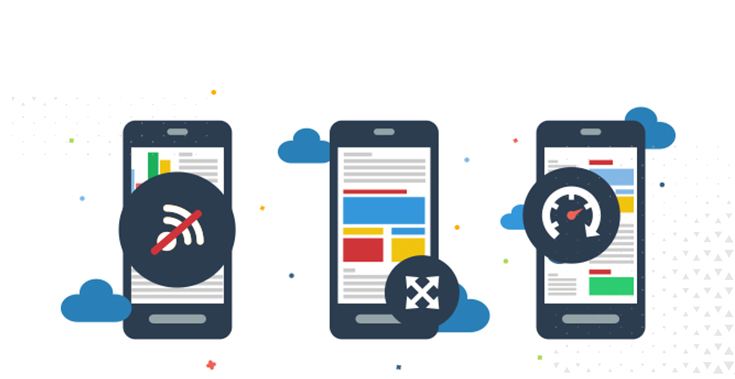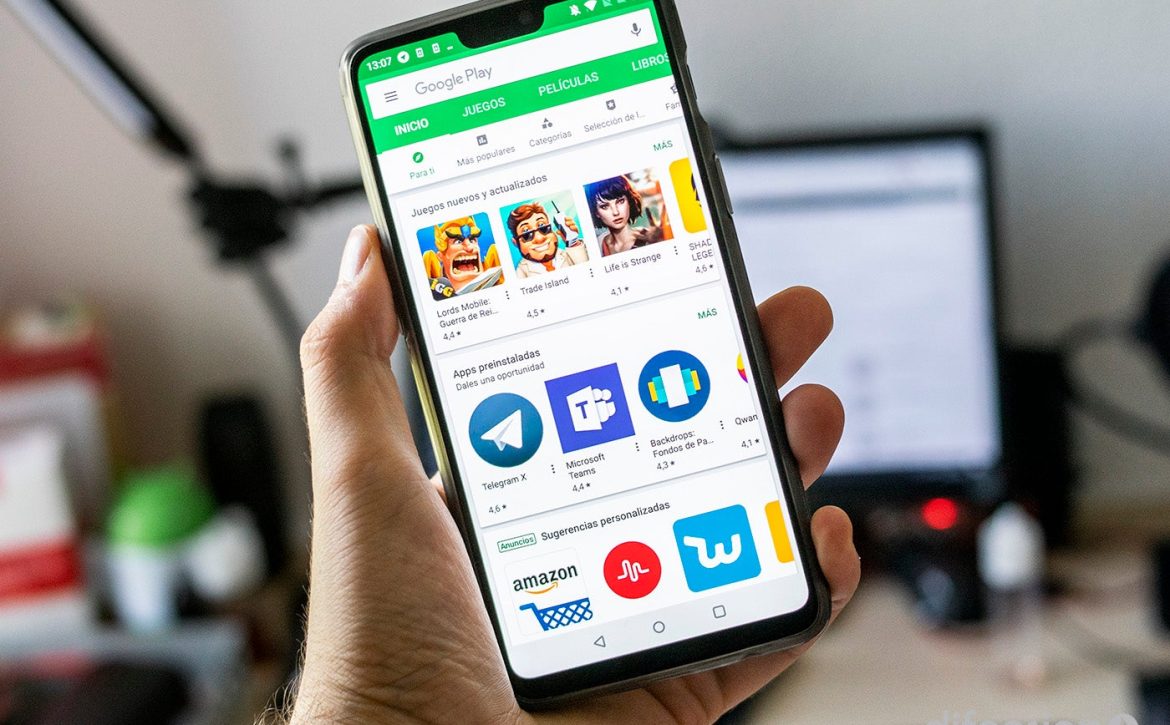What types of Apps exist and which one do I need?
Do you know what types of apps exist? There are different types of apps that are used for different types of business needs, below we leave you a list with advantages and disadvantages of each one:
-
Native Apps
A native app It is the one that is developed specifically for a certain operating system, called Software Development Kit or SDK. Each of the platforms, Android, iOS or Windows Phone, has a different system, so if you want your app to be available on all platforms, you will have to create several apps with the language of the selected operating system.
For example:
- iOS: Apps for this system are developed using Objective-C language
- Android uses the Java language
- Windows Phone are developed in .Net
When we talk about mobile development we are almost always referring to native applications. The main advantage over the other two types is the possibility of accessing all the features of the mobile hardware: camera, GPS, calendar, storage devices and many others. This makes the user experience much more positive than with other types of apps. Additionally, native applications do not need an internet connection to work.
The download and installation of these apps is always done through the application stores (manufacturers app store). This makes the marketing and promotion process easier.

2. Hybrid applications
A hybrid application is a combination of web technologies such as HTML, CSS and JavaScript, which are neither truly native mobile applications, because they consist of a WebView running inside a native container, nor are they web-based, because they are packaged as applications for distribution and have access to the device's native APIs.
Advantages
- Using device and operating system resources
- Development cost can be lower than that of a native one
- They are multiplatform
- Allows distribution through the stores of its respective platform.
Disadvantage
- The documentation can be a bit sparse and messy.
3. Web applications

Finally, web applications are those developed using languages for web development (such as html, css or javascript )and a framework for developing web applications, such as jquery mobile, Sencha, Kendo UI, among others..
This type of application is widely used to provide accessibility to information from any device, regardless of the operating system, since you only need to have a browser to access it.
Advantages
- They can be used from any device regardless of the operating system.
- It may require a cost for its development, but this may be minimal compared to native ones.
- They do not require any approval for publication.
Disadvantages
- They cannot be published on platforms for distribution
- They do not use system or device resources optimally.
In conclusion:
The types of apps you need will vary depending on your project, but in general terms we can say that a native app is perfect if your goal is to provide an excellent user experience. If you don't have a big budget, we recommend a hybrid app, since its cost and maintenance are lower than native apps. However, keep in mind that their functions are limited, and they don't have access to all the smartphone's resources. They can take up to twice as much space as a native app and are slower.
Similarly, if you want your app to be usable on mobile devices and PCs, we suggest native apps in conjunction with web apps.

